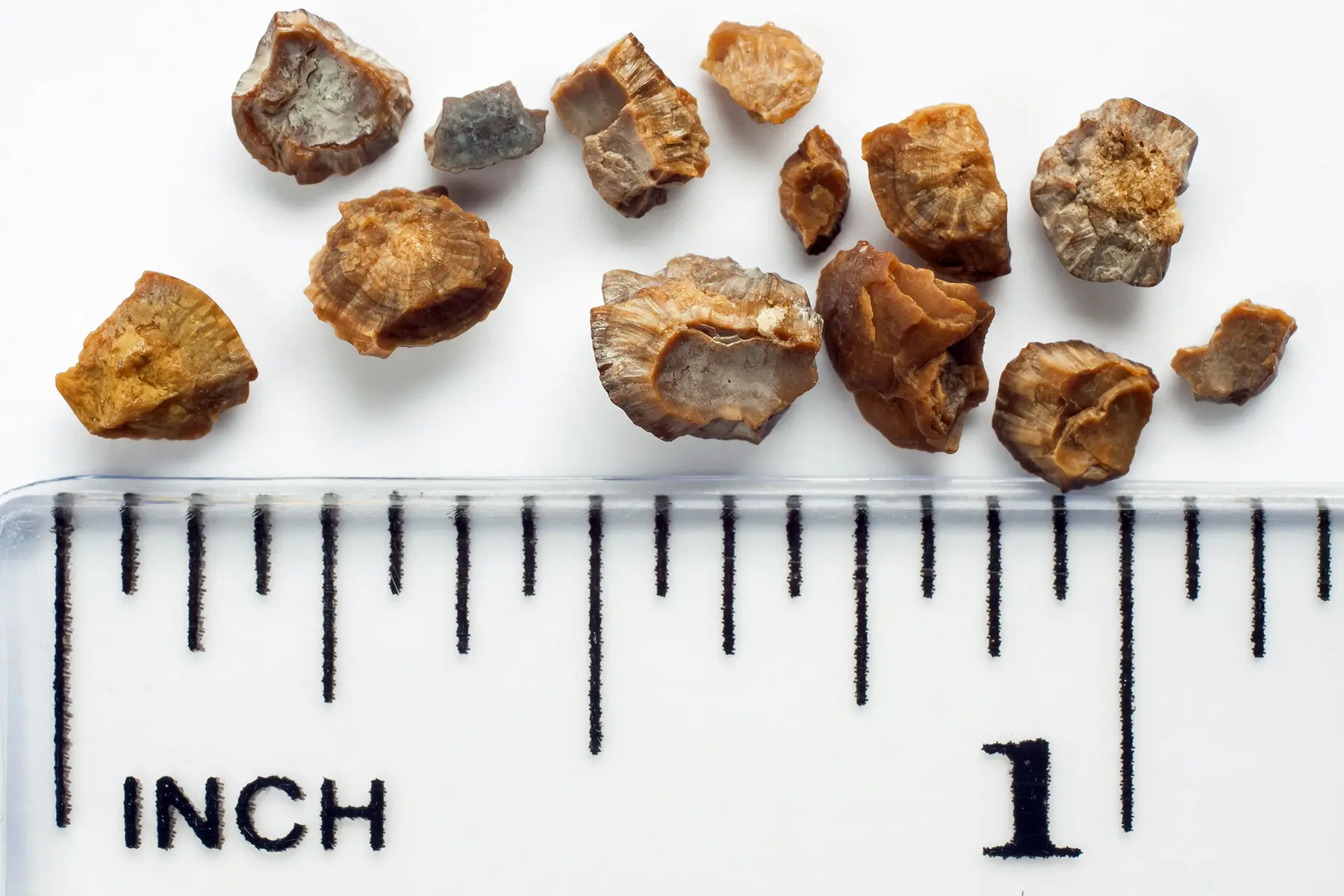Is There a Difference Between a Kidney Infection and a UTI?
What is a Urinary Tract Infection (UTI)?
A UTI, which may also be called a bladder infection, occurs when harmful bacteria enters the urinary system, which is made up of the kidneys, urethra, ureters, and bladder.
When one or all of these organs become infected, it can cause unpleasant symptoms. Some common UTI symptoms include:
Painful urination
Feeling like you need to urinate urgently
Abdominal pain
Fever and chills
Frequent urination
Strong-smelling urine
While a urinary tract infection is an infection anywhere in the urinary system, in some cases, infections occur only in the lower urinary tract or the upper urinary tract.
Lower UTIs are limited to the lower part of the urinary tract — below the kidneys — while upper urinary tract infections occur closer to the kidneys and may take longer to resolve.
Both an upper and lower UTI has the same symptoms mentioned above.
Think you might have a UTI?
Schedule an online consultation for an accurate diagnosis and effective treatment options.


What is a Kidney Infection?
The kidneys are part of the urinary system. When you get a UTI, the infection can occur anywhere in this region.
However, a kidney infection is localized to the kidneys. This condition occurs when bacteria travels from the urethra up to the kidneys.
Kidney infection symptoms are similar to those of a UTI but may be more severe. Other than the symptoms outlined above, a kidney infection can also cause the following:
Nausea and vomiting
Severe pain in the back or side
A serious kidney infection is dangerous and, if left untreated, can lead to complications like kidney damage or sepsis, resulting in kidney surgery.
Kidney Infection vs. UTI: Are They the Same?
Both kidney infections and UTIs are caused by bacteria; the main difference between the two is the location of the infection within the urinary tract.
These two infections share similar symptoms, but you may experience more severe side effects if you have a kidney infection.
A UTI can occur in any part of the urinary system, including the bladder, urethra, or ureters. However, a kidney infection specifically involves the kidneys.
Treatment for both a UTI and a kidney infection requires antibiotics. However, stronger antibiotics may be prescribed for kidney infections as these are often more severe.
What are the Risk Factors for Contracting a Urinary Tract or Kidney Infection?
Although the most common cause is bacteria, other factors can put you at higher risk of getting a urinary tract or kidney infection. These include:
Urinary tract blockages: Kidney stones or an enlarged prostate may block urine flow through the urinary tract, leading to an increased risk of infection
Sexual activity: New bacteria can be introduced into the urinary tract through sexual activity, particularly in women
Weakened immune system: Those with a weakened immune system, such as HIV/AIDS patients, are more susceptible to urinary tract and kidney infections
Personal hygiene: Poor hygiene, especially in the genital area, can increase the risk of infection. It’s important to practice good hygiene to avoid infection
Pregnant women: Pregnancy makes women more prone to kidney infections or UTIs due to hormonal changes and pressure placed on the bladder by the growing baby
Other Kidney Diseases
If you are experiencing kidney pain, other health problems could be causing your symptoms, including:
Kidney stones: A kidney stone is a hard mass that originates in one or both kidneys that travel through the urinary system until they are passed through urination.
Chronic kidney disease (CKD): A condition where the kidneys gradually lose function, eventually leading to kidney failure if untreated
How to Prevent Kidney and Urinary Tract Infections
Drink plenty of water
Practice proper hygiene
Urinate regularly
Urinate after sexual activity
Practice safe sex
Manage underlying conditions like diabetes, which can increase your risk of infection
When Should I Get Medical Attention for Kidney and Bladder Infections?
It’s important that you seek medical treatment if you suspect that you may have a urinary tract or kidney infection.
A doctor will typically collect a urine sample from you, which will then be tested for various bacteria. Aside from a urine test, your doctor may run blood tests to ensure your kidneys are functioning as they should.
What does urinary tract and kidney infection treatment include?
A doctor will prescribe antibiotic treatment that is specific to the kind of bacteria they detect in your urine test as well as the severity of the infection.
Antibiotics are the only medication that can effectively treat a kidney infection or UTI as they work by killing the bacteria that has entered the urinary system.
Most kidney infections and UTIs will resolve quickly once you start taking the antibiotics prescribed to you. Your doctor may also prescribe additional medication to relieve symptoms like pain and nausea.
Where Can I Learn More About Kidney and Urinary Tract Infections?
With LifeMD, you can consult with a medical professional to get help with UTIs and kidney infections from the comfort of your home.
Join LifeMD today to get 24/7 access to healthcare providers — plus same-day prescriptions when you need them.













